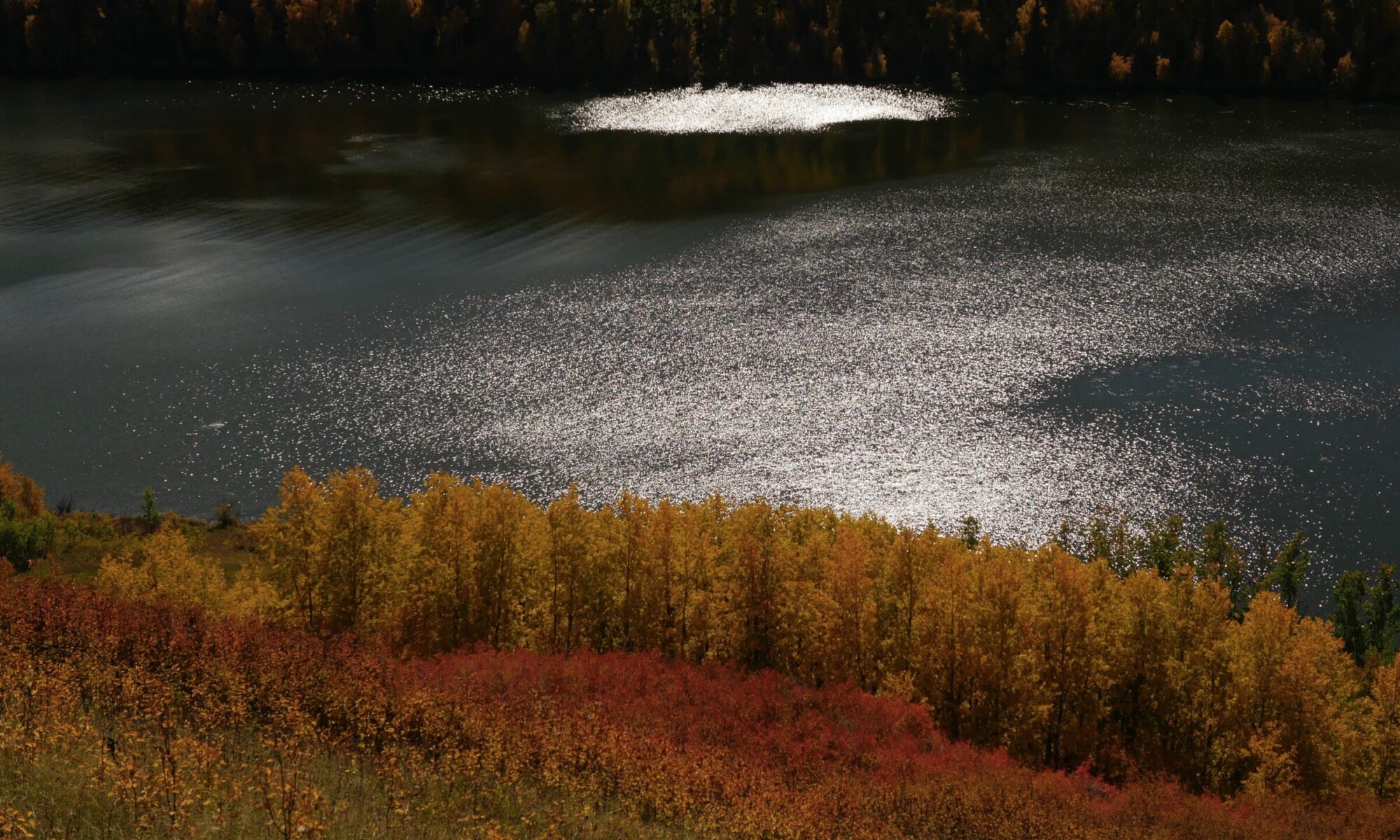Indigenous minds encouraged me to become incredibly aware of all the senses I neglect on a daily basis. I utilize my vision so I can navigate around without crashing into things, and perhaps my nose to know when dinner is ready. But other than this, I neglect all of my senses that I have been blessed with. I believe that we continually deal with a sensory overload that inhibits us from truly appreciating the fine details of our surrounding. It is hard for me to truly appreciate the smell of freshly mown grass when that scent must compete with the smell of a gas lawnmower. It’s difficult to listen to the birds through the traffic noise. It is hard to appreciate the most beautiful things- like breathing. Something amazing happens within me when I take the time to slow down and just breathe. It is hard to remember to appreciate something that we do automatically. Even as I write this, I am totally unaware of the number of breaths I have taken, or how it feels when that air stirs in my lungs. We are so removed from our “indigenous” roots… but what about for those of us that do not have indigenous roots?
I have mixed ideas as to what Sullivan is referring to as “indigenous”. If she is referring to those of native heritage, then this essay could be deconstructed to mean that those of non-indigenous will never be able to connect with nature the same way as those of native decent. However, I choose to believe that by “indigenous” she is referring to our innate senses, our origins (whichever they may be), our roots to nature, and how we have forgotten those.
Now more than ever I am feeling the weight of living in an over industrialized society that pays little or no attention to how, where, or who is processing their food. If more people were aware of these factory farms, perhaps we would revolutionize how we view food and farming. Or would we? Out of sight out of mind?
Our obsessions with becoming wealthy and rich has drawn our attention away from our rural roots and dragged us into urban areas where we can have a “successful” life. Growing up in a farming community, I was constantly told to go to university where I could make something of myself. Where I could have a successful life, get a real career and escape the dead ended lifestyle of farming. As children we never got to see such a thing as a “rich” farmer. But looking in hindsight, I suppose it all depends what you classify as rich. We watched our families struggle in debt and work day and night for measly pennies. So much work for little to no pay off. We were drove away because of the lack of opportunity in the farming industry. Nobody had dreams of becoming a farmer, and thus, many of my friends and I fled our rural roots to hopefully find something more fulfilling and more supportive that farming.
But when I really think about it, what is MORE supportive that having a wealth of knowledge on how to grow and produce your own food for yourself and your family? What is a better skill than knowing how to properly preserve vegetables so you can continue to survive through the winter? I am sad that I do not have any of these skills to feed myself and too look after myself. I am completely at the mercy of a depleted farming industry. If (or when) the economy crumbles and our currency has no value, the farmers will be the richest people of all.
As of right now I feel venerable. I grew a small pumpkin and two tomatoes in my sad garden this year. I hope that’s enough to sustain me in the winter should I need it to!
